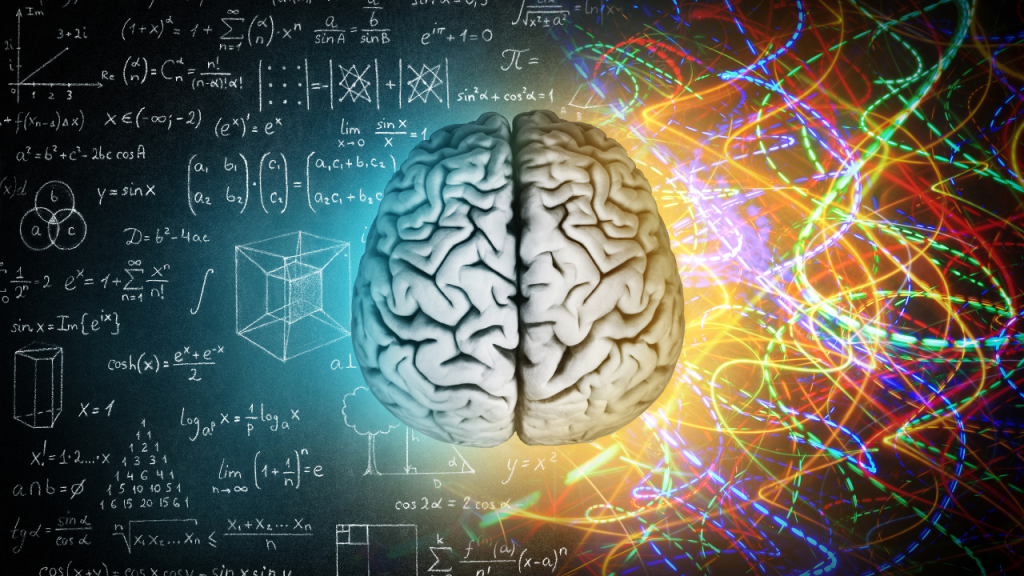Attention deficit hyperactivity disorder (ADHD)
What is ADHD?
Attention Deficit Hyperactivity Disorder (ADHD) is a neurodevelopmental condition characterized by a range of behavioral symptoms that often begin in childhood and can continue into adulthood. ADHD can impact a person’s ability to focus, control impulses, and manage hyperactive behaviors. These symptoms can significantly affect daily life, school, work, and relationships. Although the exact cause of ADHD is not fully understood, it is believed to involve genetic and neurobiological factors.
Symptoms of ADHD
Symptoms in Children and Teenagers
ADHD symptoms in children and teens often become noticeable when there are changes in their daily routine, such as starting school. Children with ADHD may exhibit:
1. Inattentiveness
Children with ADHD may struggle with staying focused and paying attention. Signs include:
- Short attention span and frequent distractions.
- Difficulty completing tasks and making careless mistakes.
- Appearing forgetful, losing items, or struggling to follow instructions.
- Switching from one activity to another without finishing.
- Difficulty organizing tasks and being unable to focus on lengthy or tedious activities.
2. Hyperactivity and Impulsiveness
Children with hyperactive and impulsive symptoms may:
- Have trouble sitting still, especially in quiet environments.
- Fidget or squirm frequently.
- Be unable to concentrate on specific tasks.
- Move excessively or speak constantly.
- Act without thinking and interrupt conversations or activities.
- Struggle to wait their turn and may engage in impulsive behaviors with little or no consideration of risks.
Symptoms in Adults
Adults with ADHD may have symptoms similar to children, but they often manifest differently due to the different demands of adult life. Adults may experience:
- Difficulty focusing, frequently becoming distracted.
- Trouble completing tasks or organizing themselves.
- Poor time management and difficulty following instructions.
- Frequent fidgeting, restlessness, or difficulty sitting still.
- Forgetfulness and misplacing items often.
- Impatience, irritability, and a tendency to act impulsively or make quick decisions without thinking.
- Restlessness, racing thoughts, or challenges managing stress.
Conditions Related to ADHD
Children and Teenagers with ADHD
Children with ADHD often have co-occurring conditions that may impact their development, behavior, or mental health. These conditions include:
- Anxiety disorders: Persistent worries, fears, or anxiety that impact daily life.
- Oppositional Defiant Disorder (ODD): Negative or defiant behavior, often directed at authority figures.
- Conduct disorder: Behavior involving rule-breaking, stealing, or harm to others.
- Depression and sleep disturbances.
- Autism Spectrum Disorder (ASD).
- Learning difficulties, such as dyslexia.
- Epilepsy and Tourette’s syndrome.
Adults with ADHD
Adults with ADHD may experience related issues like:
- Depression and mood disorders.
- Personality disorders or difficulty managing relationships.
- Obsessive-Compulsive Disorder (OCD) or bipolar disorder.
Causes of ADHD
While the precise cause of ADHD is unclear, several factors have been identified as contributing:
1. Genetic Factors
- ADHD often runs in families, suggesting that inherited genes play a role. However, it is complex, and no single gene causes ADHD.
2. Brain Function and Structure
- Differences in certain areas of the brain have been observed in people with ADHD.
- Neurotransmitter imbalances or abnormal chemical signaling may also contribute.
3. Groups at Risk
- Premature birth or low birth weight.
- Brain damage from injury or illness.
- Epilepsy or neurological conditions.
Diagnosis of ADHD
To diagnose ADHD, a healthcare professional will:
- Ask about a person’s symptoms, their impact on daily life, and when they began.
- Review school reports or behaviors (in children).
- Consider other possible causes and rule out other conditions.
Tests and Evaluations:
- Observations and standardized assessments.
- Input from parents, teachers, or family members.
Treatment for ADHD
There is no cure for ADHD, but treatments can effectively manage symptoms and improve quality of life. Treatment plans often involve:
1. Medication
- Stimulants (e.g., methylphenidate) can improve attention, focus, and impulse control.
- Non-stimulants or other medications may be used if stimulants are not suitable.
2. Therapy
Therapeutic interventions are often combined with medication to address behavioral, social, and psychological challenges. These therapies include:
- Psychoeducation: Providing individuals and their families with information about ADHD and its impact.
- Behavior therapy: Helping individuals develop coping strategies and positive behavior patterns.
- Parent training and education programs: Equipping parents with skills to manage behavior effectively.
- Cognitive Behavioral Therapy (CBT): Helps manage negative thought patterns and develop better emotional control.
- Social skills training: Focuses on improving interactions with others.
Lifestyle Changes and Support
1. Self-Care and Strategies
- Creating structured routines.
- Breaking tasks into smaller, manageable steps.
- Using reminders, planners, and organizational tools.
2. Support Groups and Community Resources
- Connecting with local ADHD support groups or organizations.
- Family counseling to manage challenges related to ADHD.
Seeking Further Support
If you suspect you or your child has ADHD, it is important to consult with a healthcare professional for a comprehensive evaluation. ADHD can be managed effectively with the right support, strategies, and treatment plan tailored to individual needs.



 4.1 Attribution Theory and Person Perception: Why We Judge People the Way We Do (Even When We’re Totally Wrong) Let’s be honest. We’ve all
4.1 Attribution Theory and Person Perception: Why We Judge People the Way We Do (Even When We’re Totally Wrong) Let’s be honest. We’ve all



